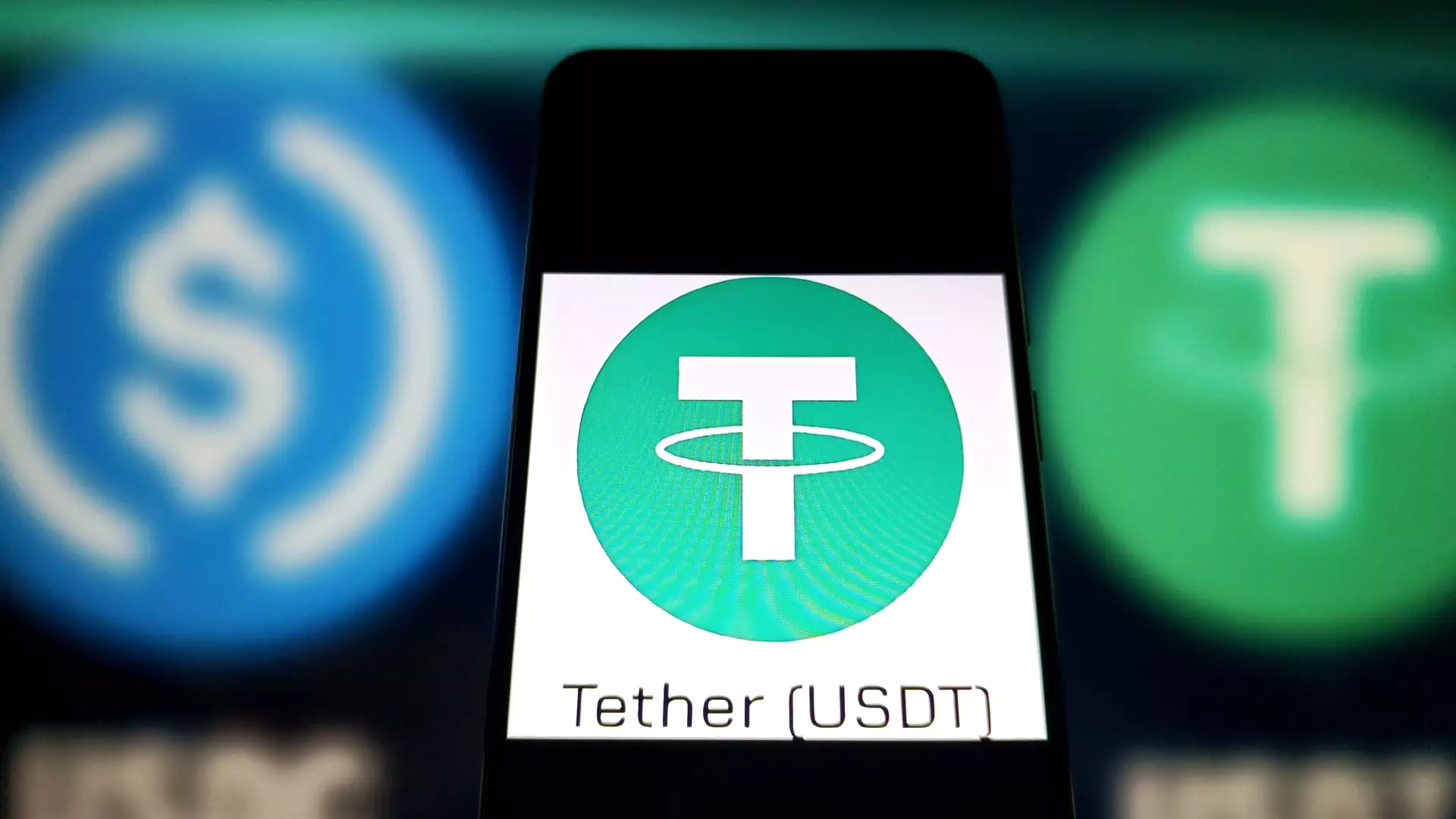On a momentous Wednesday, Hong Kong made headlines by introducing a new stablecoin bill, marking a significant turning point in the regulation of digital assets. This legislation is more than just another entry into the complex world of cryptocurrencies; it represents a clear acknowledgment of the necessity for governments to adapt to the rapid advancements of financial technology. While many nations grapple with the unpredictable nature of digital assets such as Bitcoin, which exhibit wild volatility, stablecoins present a more stable alternative. They are pegged to real-world assets like fiat currencies and commodities, offering a glimmer of stability in a chaotic landscape.
The comprehensive licensing regime established by this new law is not merely a bureaucratic requirement. The Hong Kong Monetary Authority (HKMA) will work closely with stablecoin issuers, mandating that they comply with thorough asset management protocols and client asset segregation requirements. This directly addresses the perennial concerns regarding consumer protection and financial integrity. The HKMA has lauded the bill for its potential to enhance the existing regulatory framework governing virtual asset activities. The ethos driving this initiative centers on fostering financial stability without stifling innovation—an endeavor that should be applauded.
A Global Standard for Stability
Hong Kong’s stablecoin legislation is not just about steering its own financial landscape; it sets a precedent for other governance systems around the globe. YeFeng Gong from HashKey OTC proclaimed that this policy establishes a global benchmark for stablecoin regulation, emphasizing full reserve backing and guaranteed redemption processes as pillars of the framework. Such conditions ensure that the financial instruments in question are not just hollow promises but are fortified with robust oversight, giving investors a reason to believe in their integrity.
While Hong Kong’s regulatory approach is commendable, it cannot be ignored that this move comes on the heels of intensifying global discussions around stablecoin regulation. The fact that the United States Senate has advanced its own GENIUS Act reveals a significant shift in the American perspective toward digital currency. As various jurisdictions, including the European Union, Japan, and Singapore, adopt their unique frameworks, the race to create a transparent and effective regulatory ecosystem is officially on.
Driving the Future of Financial Interaction
Chengyi Ong from Chainalysis aptly pointed out that stablecoins could serve as the “backbone of the crypto ecosystem,” but their potential extends far beyond mere digital transactions. The stability they offer provides a compelling solution to persistent issues faced in traditional finance, including cumbersome cross-border payments and slow settlement processes. Governments worldwide are beginning to recognize the transformative capabilities of such stable digital assets, driving them toward crafting conducive regulatory environments.
With the total market cap of stablecoins hovering around a staggering $232 billion as reported, it’s evident that the demand for more reliable forms of digital currency is not a fleeting trend. It highlights a fundamental shift in how users wish to interact with their finances. This is invaluable not only for individual consumers but also for the broader global economy as it navigates the complexities of the digital age. Embracing stablecoins could herald an era of enhanced economic interaction, agility, and responsiveness.
A Cautious Optimism for the Digital Economy
While Hong Kong’s new regulations paint a picture of optimism, there remains a cautious undercurrent. Industry players and consumers alike need to vigilantly ensure that regulatory measures do not morph into barriers that hinder innovation. The delicate balance between regulation and freedom is paramount. A proactive stance, encouraging compliance without overshadowing creativity, could yield a financial ecosystem that is both robust and flexible.
As the world watches Hong Kong’s moves closely, one can only hope that its approach serves as a beacon for other nations. While the framework may be in its infancy, there exists a potential for positive disruption, challenging conventional wisdom and inviting a new form of fiscal dynamism. The implications of such progressive legislation could ripple across the globe, fundamentally altering how we view and utilize digital currencies in our daily lives.


Leave a Reply